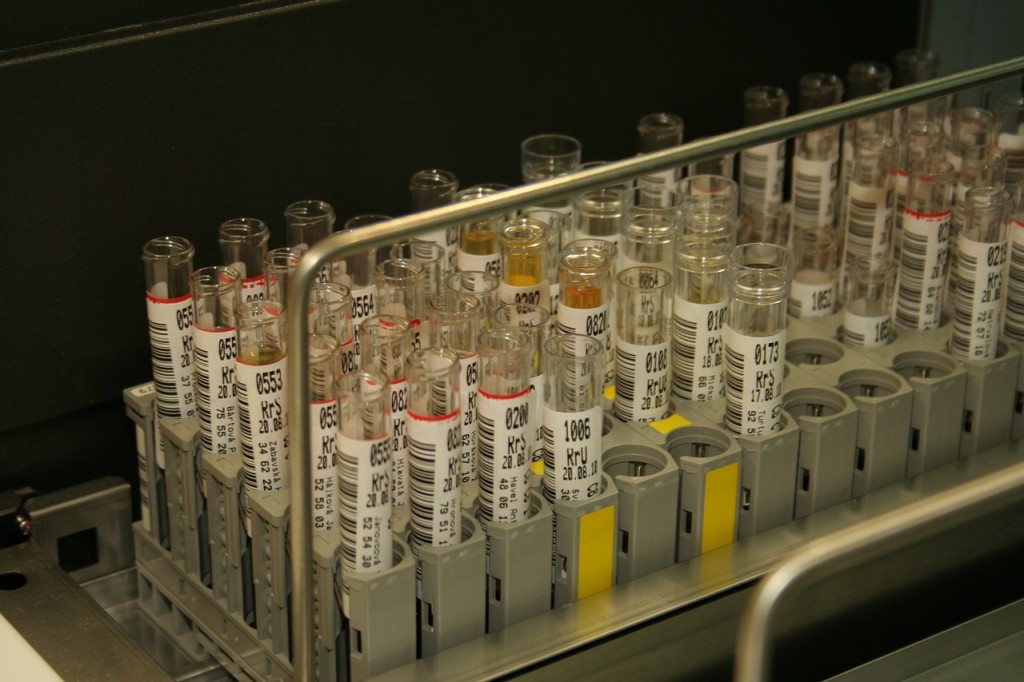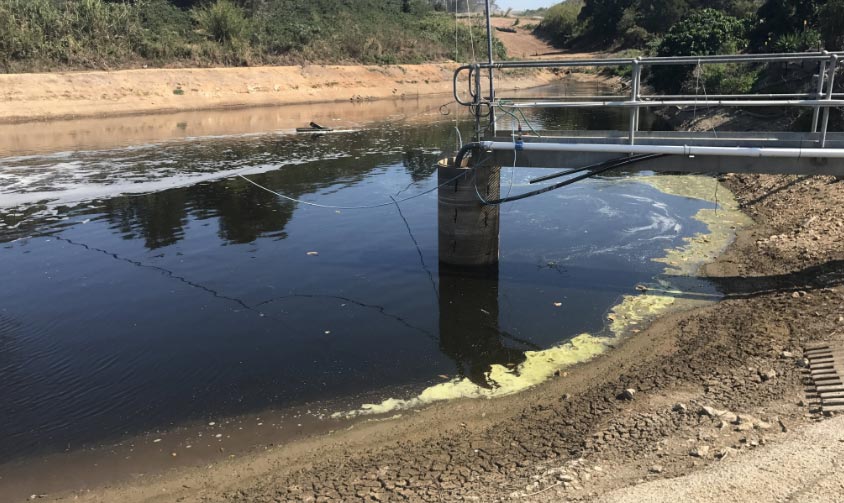Reputable Liquid Waste Disposal Melbourne: Safe and Reliable Services
Reputable Liquid Waste Disposal Melbourne: Safe and Reliable Services
Blog Article
Recognizing the Comprehensive Process of Fluid Waste Disposal: Best Practices and Environmental Impact Considerations
The monitoring of fluid waste disposal is a diverse concern that needs a thorough understanding of numerous finest practices and their connected environmental impacts. From the kinds of liquid waste produced to the methods used for collection, treatment, and last disposal, each step plays an essential duty in protecting ecosystems and public health. As governing criteria evolve and technology developments, the discussion around these processes comes to be progressively pertinent. What ramifications do these modifications hold for future sustainability initiatives, and exactly how can stakeholders make sure that they are effectively attended to?
Kinds of Liquid Waste
Understanding the different kinds of fluid waste is vital for efficient management and disposal practices. Fluid waste can be broadly classified into several types, each needing distinct handling and treatment approaches.
Industrial liquid waste typically includes hazardous products, including heavy steels, solvents, and chemicals, generated throughout producing processes. These wastes necessitate rigorous regulative conformity to safeguard human wellness and the atmosphere. Domestic liquid waste primarily describes wastewater generated from homes, consisting of sewer and greywater, which, although much less toxic, can still position substantial risks if incorrectly managed.
Agricultural fluid waste, consisting of overflow from farms, commonly has plant foods and chemicals that can bring about ecological degradation otherwise treated appropriately. Medical fluid waste, created from medical care centers, consists of infected liquids such as bodily liquids and chemicals, needing specialized disposal approaches to prevent infection and environmental contamination.
Finally, oil and grease waste, normally created by dining establishments and automobile industries, can trigger extreme clogs in drain systems otherwise handled effectively. Understanding these categories facilitates targeted techniques for therapy, compliance with laws, and efficient disposal approaches, inevitably advertising ecological sustainability and public wellness security.

Collection Techniques
Efficient collection techniques are crucial for the correct administration of liquid waste, ensuring that it is gathered safely and efficiently before treatment or disposal. Various techniques are used relying on the sort of fluid waste created, the volume, and the specific features of the waste.
One typical technique is the use of specialized collection storage tanks or sumps, which are made to capture fluid waste at the resource. These systems typically integrate pumps that promote the transfer of waste to larger storage space containers or treatment centers. Furthermore, mobile collection units geared up with vacuum cleaner technology are utilized in scenarios where waste is produced intermittently or in hard-to-reach areas.
For industrial settings, closed-loop systems can successfully reduce leakages and spills, enabling the recovery and reuse of liquid waste. It is additionally essential to educate workers on appropriate collection procedures to reduce threats connected with hazardous substances.
Additionally, carrying out routine upkeep routines for collection devices makes certain optimal efficiency and safety. The combination of advanced tracking systems can improve collection effectiveness by offering real-time data on waste degrees and possible hazards. In general, effective collection approaches are foundational to sustainable fluid waste monitoring methods.
Treatment Procedures
Treatment procedures play an essential duty in the administration of liquid waste, transforming potentially harmful materials into safe effluents or multiple-use sources - liquid waste disposal. These processes can be extensively categorized right into physical, chemical, and biological approaches, each tailored to address specific impurities existing in the waste stream
Physical therapy approaches, such as sedimentation and filtering, work by getting rid of suspended solids and particle issue. These strategies are usually the very first step industrial wastewater treatment in the therapy chain, successfully minimizing the tons on subsequent procedures. Chemical treatments include making use of reagents to neutralize harmful materials, speed up hefty steels, or oxidize organic contaminants, thereby improving the security of the effluent.
Organic therapy procedures, consisting of triggered sludge systems and anaerobic food digestion, maximize the all-natural abilities of microbes to break down raw material. These approaches are particularly effective for wastewater having eco-friendly toxins. Advanced therapy modern technologies, such as membrane layer purification and progressed oxidation procedures, are increasingly used to achieve greater levels of purification.
Including a mix of these treatment approaches not only makes certain conformity with regulative criteria but also promotes environmental sustainability by recovering important resources from fluid waste.
Disposal Options
Just how can organizations ensure the accountable and risk-free disposal of liquid waste? Effective disposal options are vital for securing public health and the atmosphere. The key approaches consist of land incineration, disposal, and therapy complied with by discharge right into metropolitan wastewater systems.
Land disposal involves the cautious control of liquid waste in marked landfills, guaranteeing that it does not leach into surrounding dirt or water. Incineration, on the other hand, subjects fluid waste to heats, converting it right into ash and gases, which require proper filtering to decrease emissions. This technique appropriates for harmful wastes that can not be treated with traditional means.
In situations where fluid waste can be treated, organizations might select organic or chemical treatment processes to counteract hazardous parts prior to releasing the dealt with effluent right into metropolitan systems. This route generally straightens with regulative demands, guaranteeing that the effluent fulfills security criteria.
Inevitably, companies must perform extensive analyses webpage of each disposal choice to identify its practicality, considering variables such as waste composition, regulative compliance, and prospective threats to health and wellness and the setting. By selecting ideal disposal approaches, services can contribute to an accountable waste administration technique.
Ecological Effect
The environmental influence of fluid waste disposal is a critical factor to consider for organizations looking for to reduce their eco-friendly footprint. In addition, the discharge of untreated or inadequately treated waste into surface area waters can result in eutrophication, leading to oxygen depletion and the succeeding death of fish and other organisms.

To reduce these influences, companies have to embrace best techniques such as applying strenuous waste treatment procedures, promoting recycling and reuse, and adhering to regulative standards. By taking an aggressive technique to fluid waste administration, entities can dramatically lower their ecological impact while sustaining sustainable advancement objectives. Inevitably, an extensive understanding of the environmental influences linked with fluid waste disposal is necessary for educated decision-making and accountable stewardship of natural deposits.
Final Thought
Efficient administration of liquid waste is vital for safeguarding ecological honesty and public health and wellness. By taking on finest practices in disposal, collection, and therapy, along with adherence to governing standards, the potential for harmful contamination of ecosystems can be substantially lowered. Continual innovations in modern technology and processes add to lasting waste management efforts. Eventually, a comprehensive understanding of fluid garbage disposal not only mitigates environmental effects yet additionally fosters a dedication to liable resource management and ecological stewardship.
The management of fluid waste disposal is a diverse issue that calls for a thorough understanding of numerous finest methods and their associated ecological impacts. From the types of fluid waste created to the methods employed for collection, therapy, and last disposal, each step plays an important role in protecting communities and public health and wellness.The environmental impact of fluid waste disposal is a vital factor to consider for companies looking for to reduce their ecological impact. Ultimately, an extensive understanding of the ecological impacts connected with liquid waste disposal is important for notified decision-making and responsible stewardship of all-natural sources.
Eventually, a comprehensive understanding of liquid waste disposal not only mitigates ecological influences yet also cultivates a commitment to accountable source administration and ecological stewardship.
Report this page